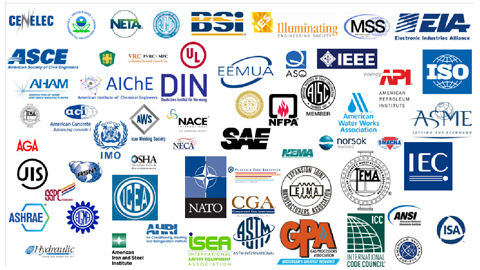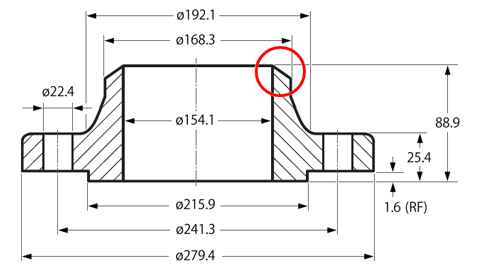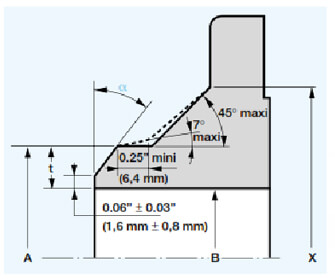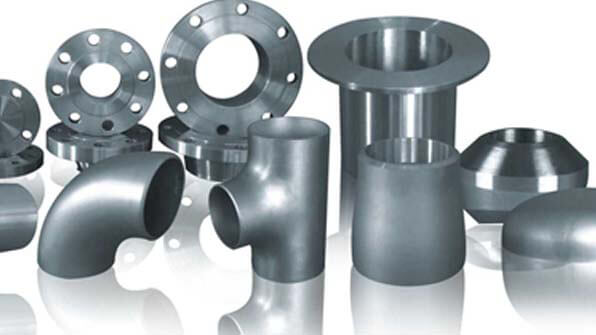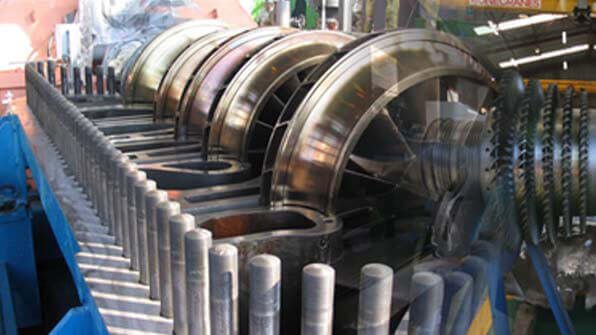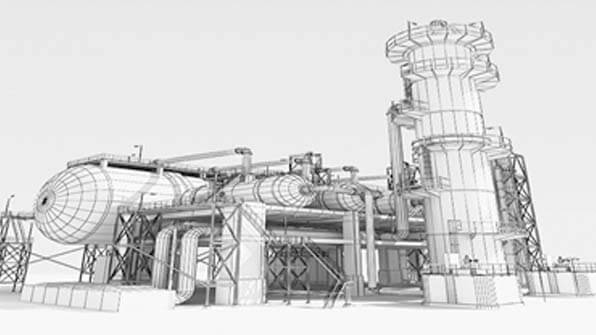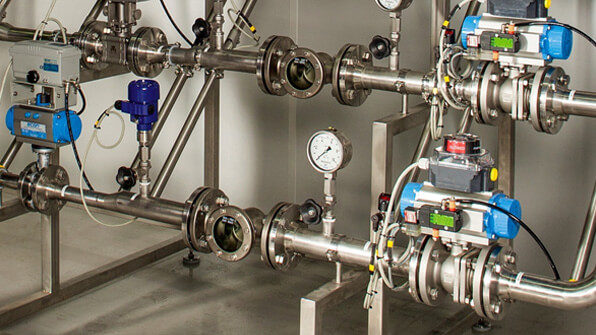ASTM A350/ A350M-99(LF1, LF2, LF3, LF5, LF6, LF9, LF787), This specification covers several grades of carbon and low alloy steel forged or ring-rolled flanges, forged fittings and valves for low-temperature service. The steel specimens shall be melt processed using open-hearth, basic oxygen, electric furnace or vacuum-induction melting. A sufficient discard shall be made to secure freedom from injurious piping and undue segregation. The materials shall be forged and shall undergo heat treatment such as normalizing, tempering, quenching and precipitation heat treatment. Heat analysis and product analysis shall be performed wherein the steel materials shall conform to the required chemical compositions of carbon, manganese, phosphorus, sulfur, silicon, nickel, chromium, molybdenum, copper, columbium, vanadium, and nitrogen. The materials shall also undergo tension tests and shall conform to the required values of tensile strength, yield strength and elongation. Impact tests shall also be performed and the steel materials shall conform to the required values of minimum impact energy, temperature, and minimum equivalent absorbed energy. Hardness and hydrostatic tests shall also be performed.
ASTM A707/ A707M(L1, L2, L3, L4, L5, L5, L6, L7, L8), This specification covers forged carbon and alloy steel flanges intended primarily for petroleum and gas pipelines in areas subject to low ambient temperatures. Eight grades, four yield-strength classes, and three different notch toughness levels are included. All material shall be heat treated by annealing, normalizing, precipitation hardening, quenching-and-tempering, normalizing-and-tempering, normalizing-and-precipitation hardening, or quenching-and-precipitation hardening. A chemical heat analysis shall be made and conform to the requirements as to chemical composition specified. The material in the weld neck shall conform to the mechanical property requirements specified. Hardness test, impact test, ultrasonic test, tension test, and hydrostatic test shall be made to conform to the specified requirements.
ASTM A516/ A516M (Gr. 60, 65, 70), This specification covers carbon steel plates intended primarily for service in welded pressure vessels where improved notch toughness is important. According to different strength levels, the plates are available in four grades: Grades 55, 60, 65, and 70. The maximum thickness of plates is limited only by the capacity of the composition to meet the specified mechanical property requirements. The steel shall be killed and shall conform to fine austenitic grain size requirements. The mechanical properties such as tensile strength, yield strength, and elongation shall be determined by a tension test for the plates.

